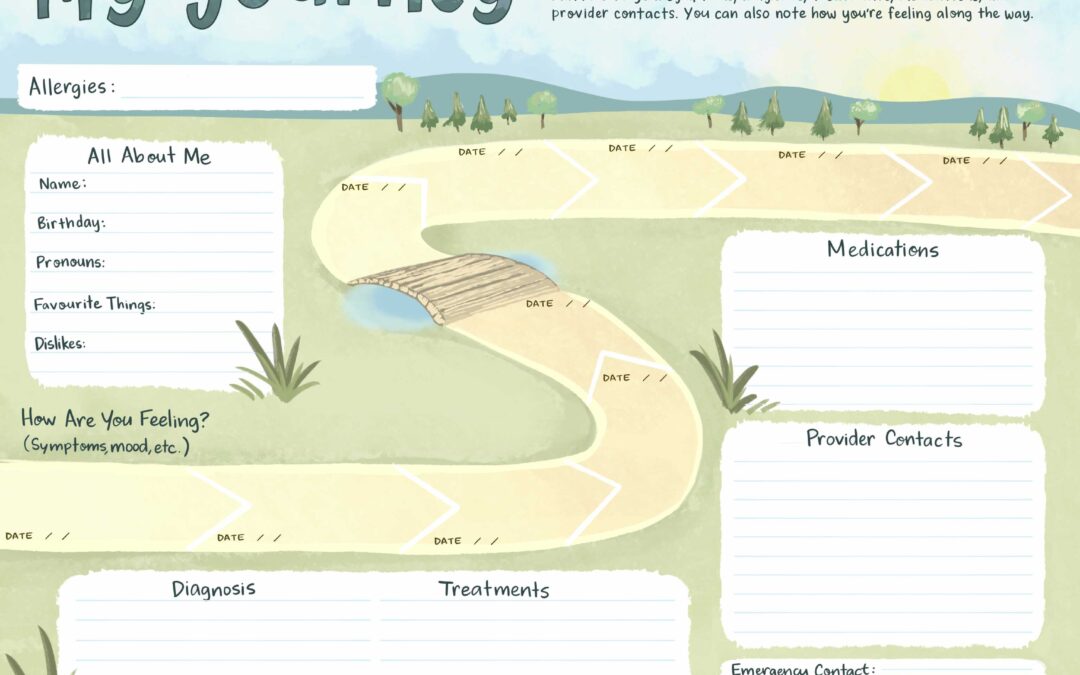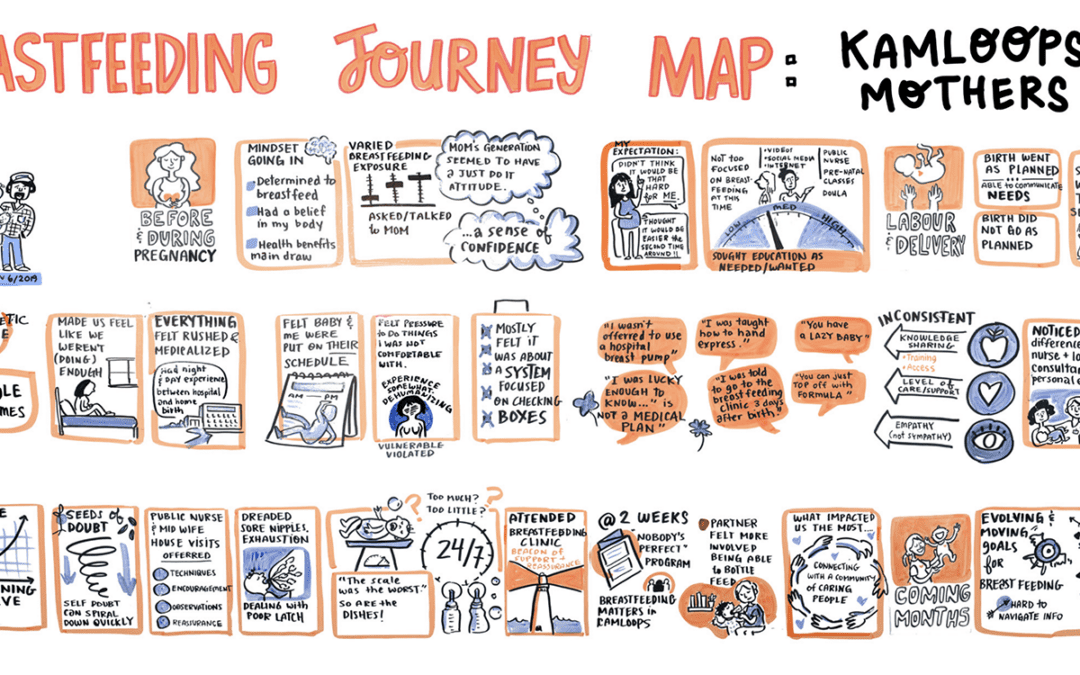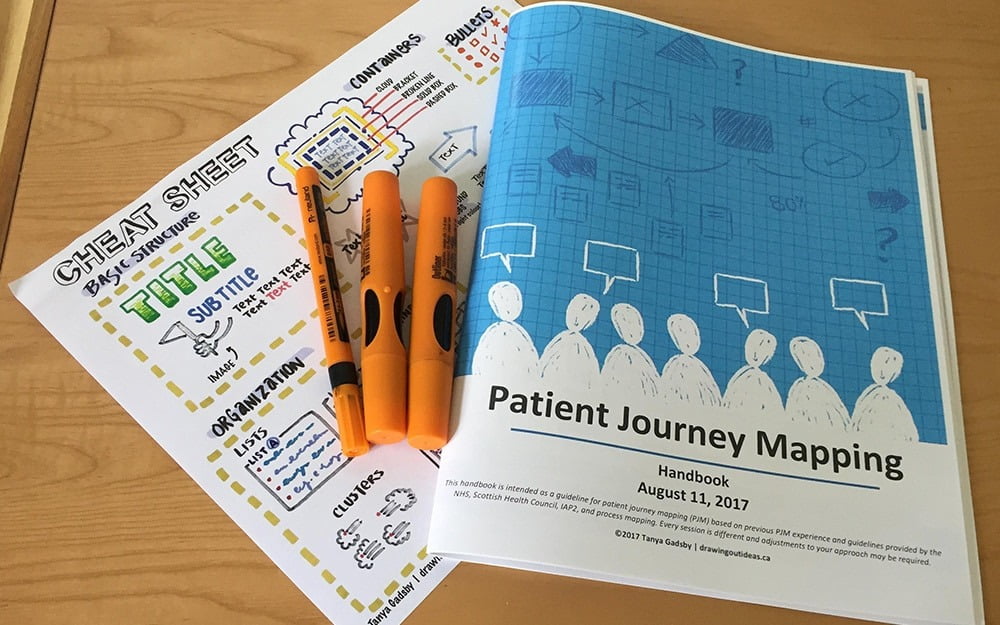
Zoom tech hosts are essential for virtual meetings, whether it’s a gathering of 20 people or 300+.
The tech host sets up the Zoom environment ahead of the event according to security protocols you need, monitors chat and enters instructions & links, supports attendees with any technical difficulties (muting/unmuting, camera set up, etc), deploys and manages breakouts, supports presenters with slides and any tech hiccups, and manages any post meeting assets (Zoom recordings, chat file, etc).
Tech hosting is akin to a stage manager in theatre: they’re responsible for the smooth operation of the meeting so all participants can engage in the event. Our background in stage management is an asset when providing detailed and well-planned tech hosting, not just during the meeting, but also in the planning before the event.
Before a virtual meeting, the Zoom tech host:
- Prepares a run of show, which is a tech version of your agenda and contains:
-
- A standard format for entering instructions and links into the chat, and timing of when this happens throughout the day
- Details about spotlighting speakers
- Clear plan for breakouts: random, pre-assigned, or semi-sorted (e.g. mix up executives between breakout groups, but otherwise keep random)
-

Excerpt from a run-of-show that lists the timing of activities, instructions for the chat, and cues for Zoom tech hosting. Shows Lead Tech and 2nd Tech support roles
- Organizes slides tech host should have a back up of speakers’ slides in case there are technical difficulties when the speakers screen share. Or, the tech host can screen share the slides and set up the speakers so they can control the slides remotely.
- Communication back channel: the tech host sets up a separate channel of communication for the facilitation and tech team to use during the event, such as on Slack, Signal, WhatsApp, or Voxer. This is essential for trouble shooting issues behind the scenes, communicating any changes in the agenda, etc
- Sets up the Zoom meeting with appropriate security protocols, pre-registration, unique meeting link, enable/disable private chat, etc.
- Tech orientation slides: in the weeks before the event, the tech host sends tech orientation slides or a PDF to the meeting organizer to send out ahead of the meeting. This orientation package concisely runs through key features of the meeting tools and technology, along with tips & best practices for participants to set up their devices.
- Tech rehearsal: in the week or days before the meeting, the tech host runs a tech rehearsal with the facilitation team to test audio/visual, run through transitions and slide shares, test breakout deployment, and test any virtual collaboration tools.
- Back up plans: our tech hosts have uninterrupted power supply (UPS) power bars so if an unlikely power outage were to hit, they still have internet and power. Tech hosts also have a second device for connecting into the event should their primary device fail.
- Hardwired internet connection is key to ensure the tech host has a stable and reliable connection (minimum upload/download speed of 12mbps or higher)
During a virtual meeting, the Zoom tech host:
- Arrives early to open the space for the facilitation team & speakers to test audio/visual
- Plays music and a welcome screen as people arrive
- Admits people to the meeting
- Records the meeting and chat (if required)
- Provides a tech orientation so attendees understand tools / buttons / functionality of Zoom and any collaboration tools we’re using
- Answers any tech questions people input into chat; assists people 1:1
- Follows the run of show to monitor what is happening and when. Uses the communication back channel to give presenters / facilitation team a heads up if they’re up next or have an action coming up
- Inputs instructions and links into chat at the appropriate times, and provides clear verbal instructions on what is happening next (e.g. prior to breakouts being deployed)
- Organizes and deploys breakouts
- Monitors the room during breaks or lunch; plays music and break slides.
- Manages any issues calmly and quickly

After a virtual meeting, the Zoom tech host:
- Organizes post-meeting assets (recording, chat transcript, captions transcript, etc)
- Participates in a post meeting debrief (this is particularly important during event series so we can identify any changes or adjustments for next time)
Building Capacity in Your Team
We believe in building capacity within organizations so they can host more robust meetings, and serve as additional tech support in large virtual events.
Ahead of a virtual event, we can host trainings for your staff on Zoom best practices, virtual collaboration tools such as MURAL and Google docs, and assign support roles for the event (e.g. one of your staff monitors the chat for questions, another staff member admits people to the meeting, another is responsible for recording the meeting, etc)
Creating a Safe and Accessible Space
It’s important the virtual space is safe and accessible to all participants, just as we would in a physical environment.
Cultural support / Counsellor support
If the discussions are sensitive or contain cultural components, have a cultural support person or counsellor available (ideally on a separate communication channel).
Captioning
We recently hosted a multi-day event for people living with hearing impairment or experiencing hearing loss. Zoom and Microsoft Teams have a live caption feature, but it is not always up to the standards for captioning. It’s therefore a good idea to bring in a professional live caption service.
Accessibility
Unexpected power outages and wifi connection issues can cut people from the meeting or prevent them from participating in polls, virtual boards, or collaboration documents. How can we ensure they’re still able to contribute ideas or see presentations?
Ahead of the meeting we identify post-meeting ways of engaging with anyone who was unable to participate during the meeting – whether it’s through a phone interview, providing them access to collaboration documents outside Zoom, providing a recording of the meeting, or a package of slide decks, etc.
Large Meetings
The general ratio for tech support is one tech host per 50 participants. At large or complex events, we often have a Lead Tech (also sometimes called a Producer), who calls the tech cues. Having one person responsible for instructing the tech team on what to do and when is essential when there are multiple things happening at once. This is particularly important when there are multiple tech support people, each with a designated role (such as chat monitor, breakout room support, etc).
Connect with Us!
We can adjust tech hosting to fit any size or shape of meeting – whether you need full support, or a hybrid approach that trains and builds capacity within your team. We’re here to help!
Further Reading
Virtual icebreakers: https://www.mindtools.com/pages/article/virtual-ice-breakers.htm
Virtual improv: https://yesandbrain.com/
Live captioning service: https://accuraterealtime.com/




